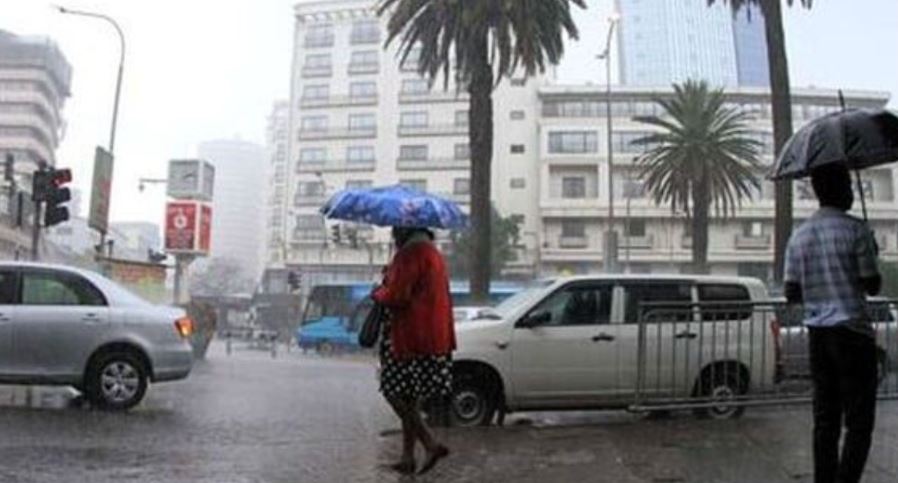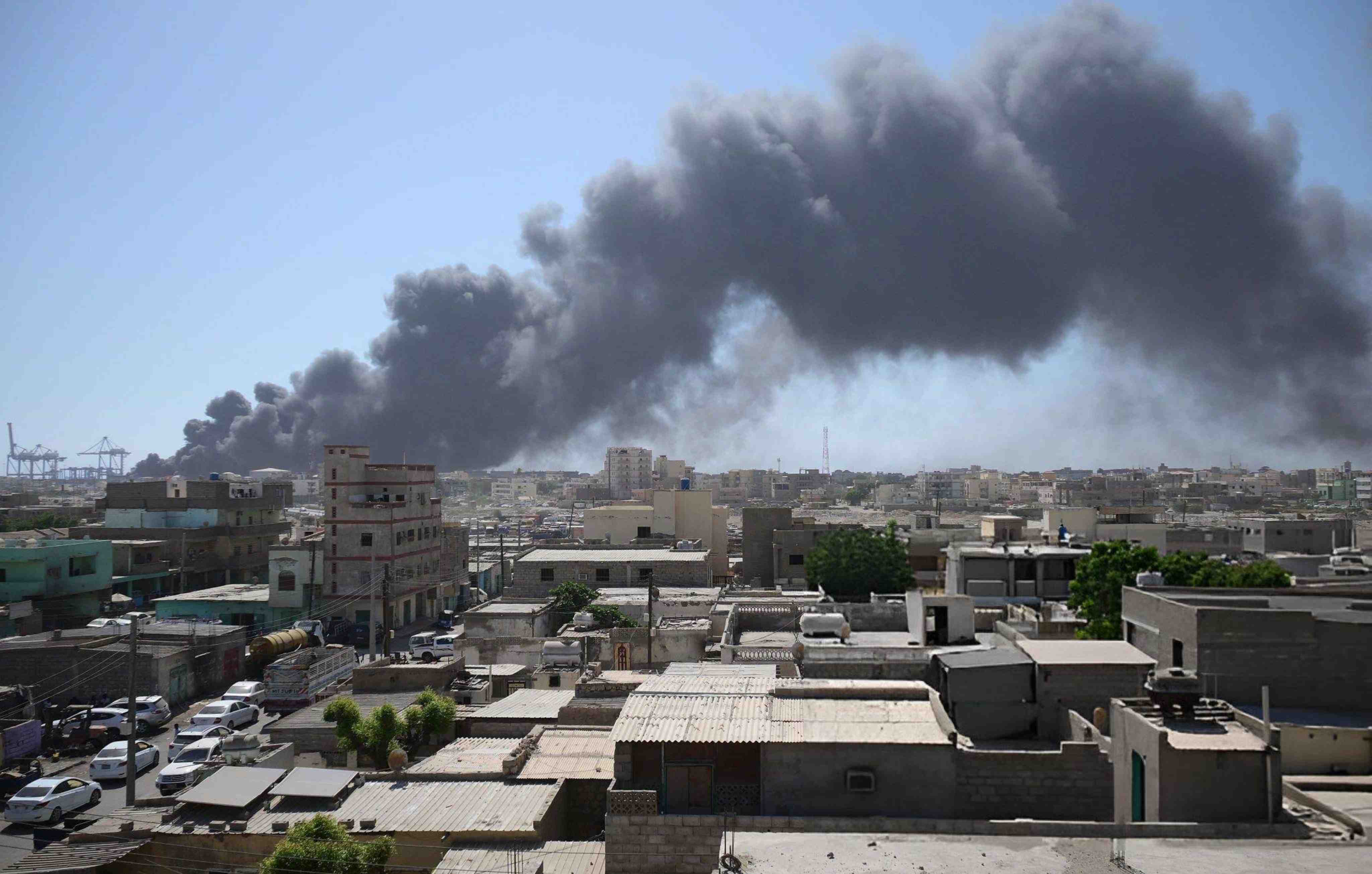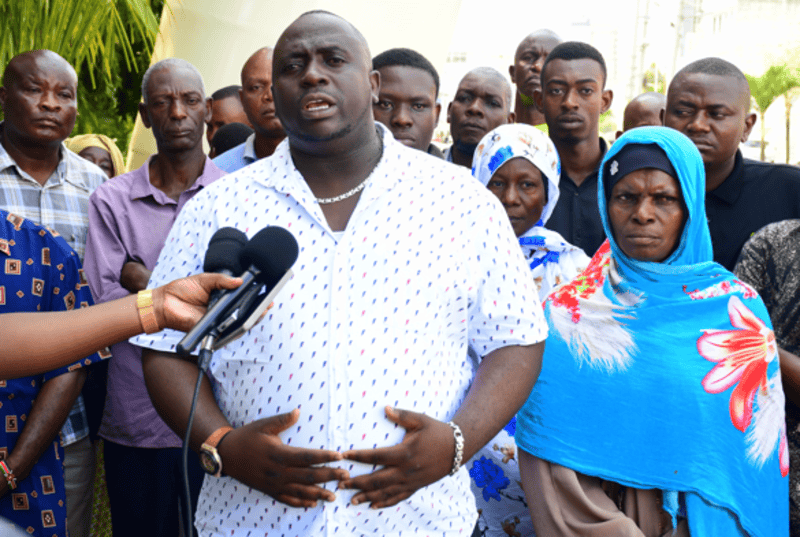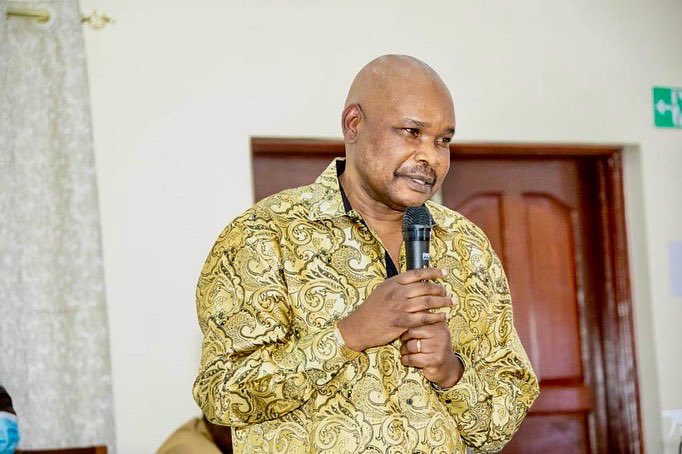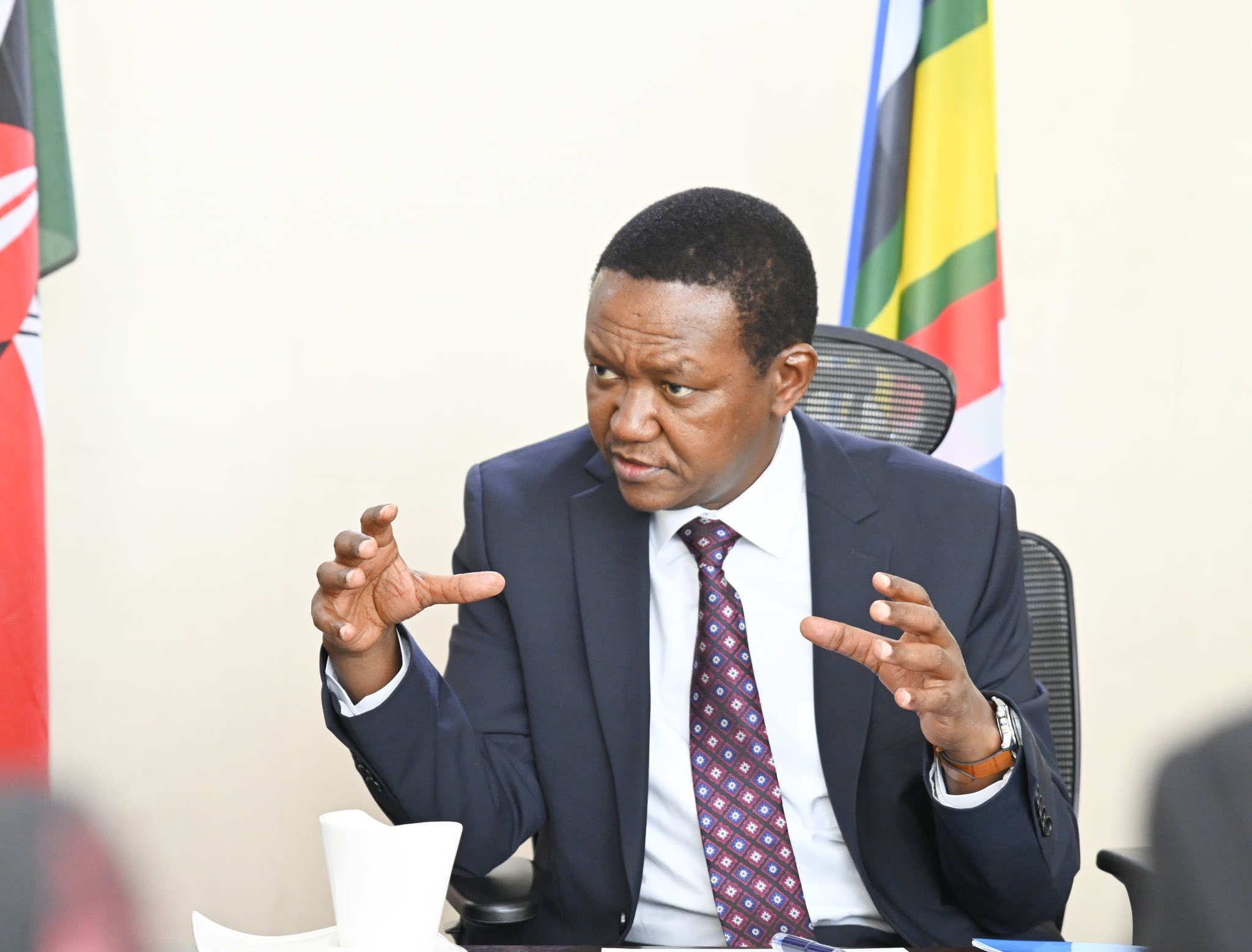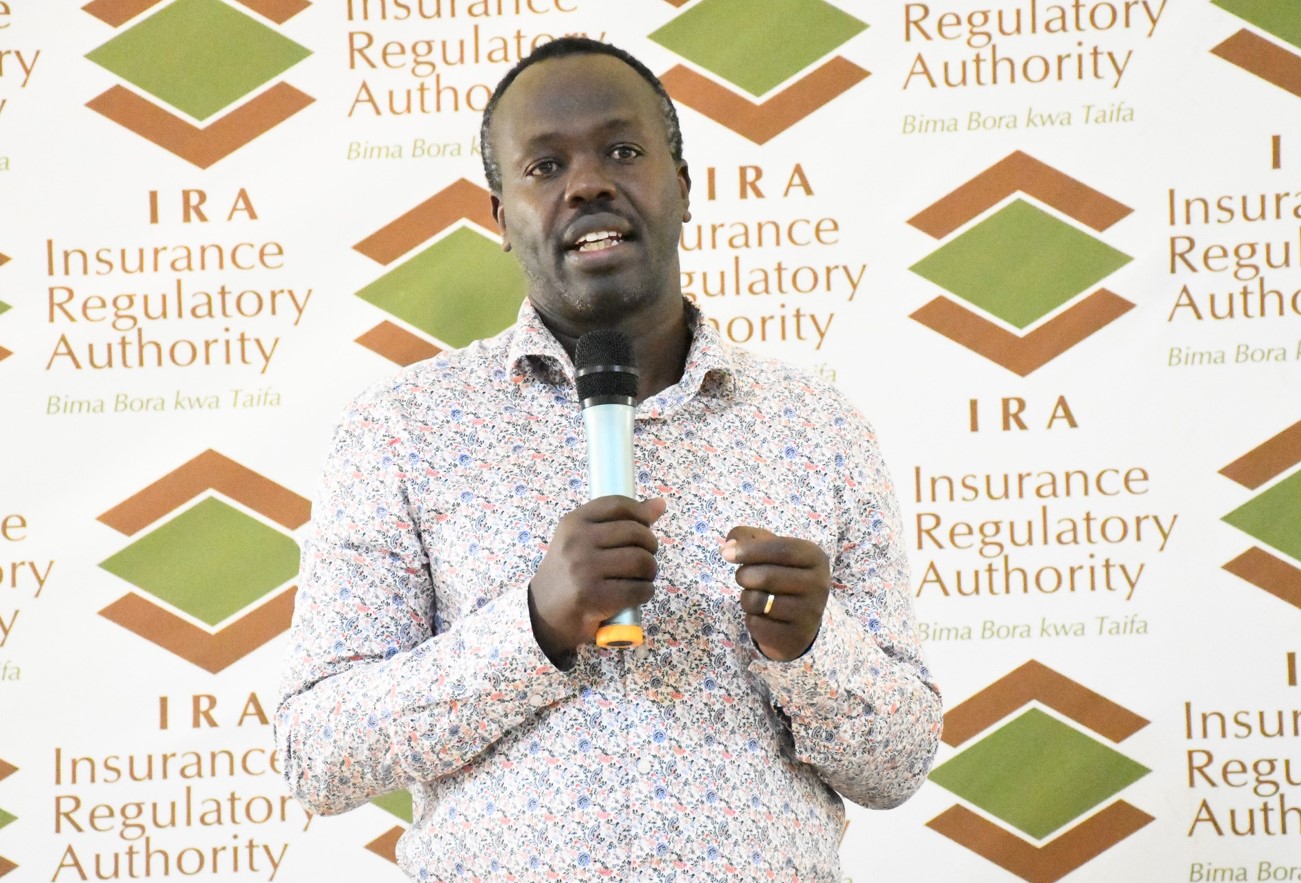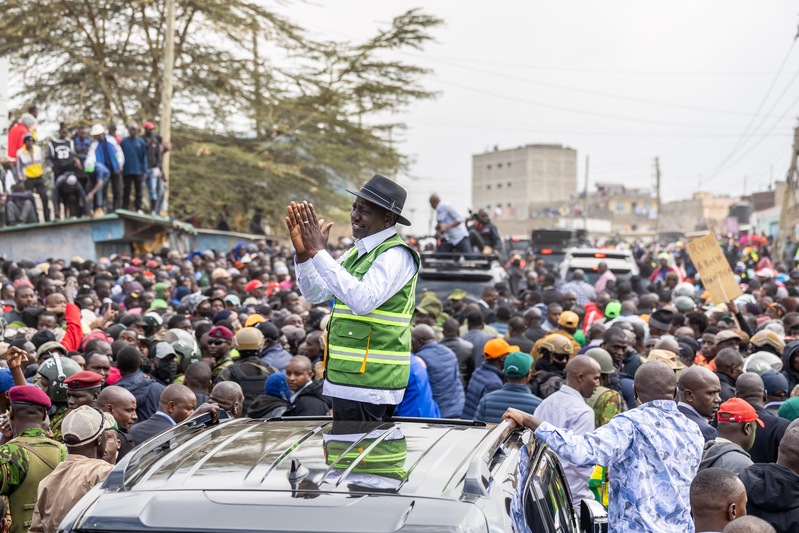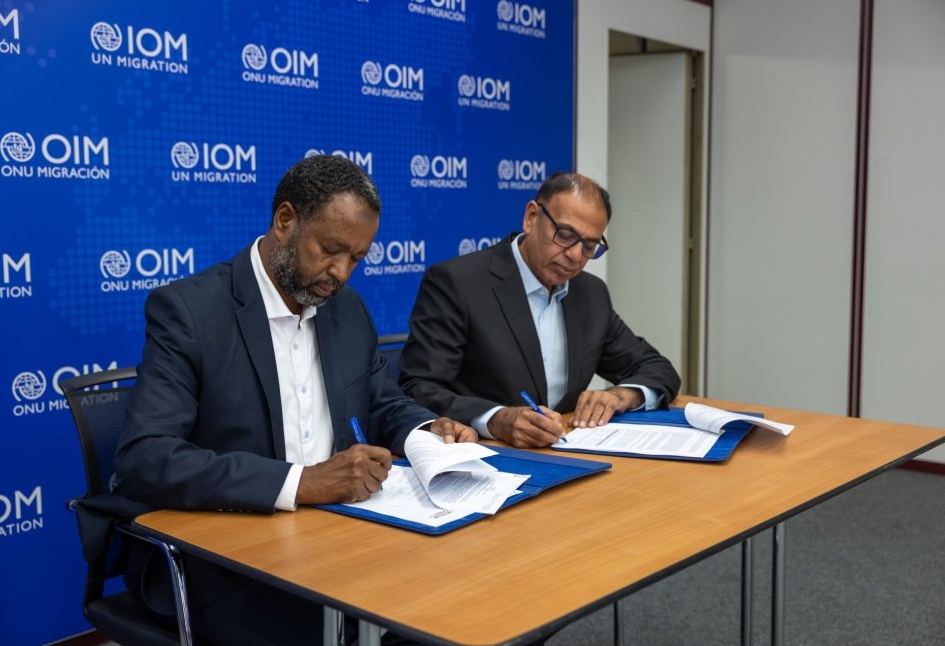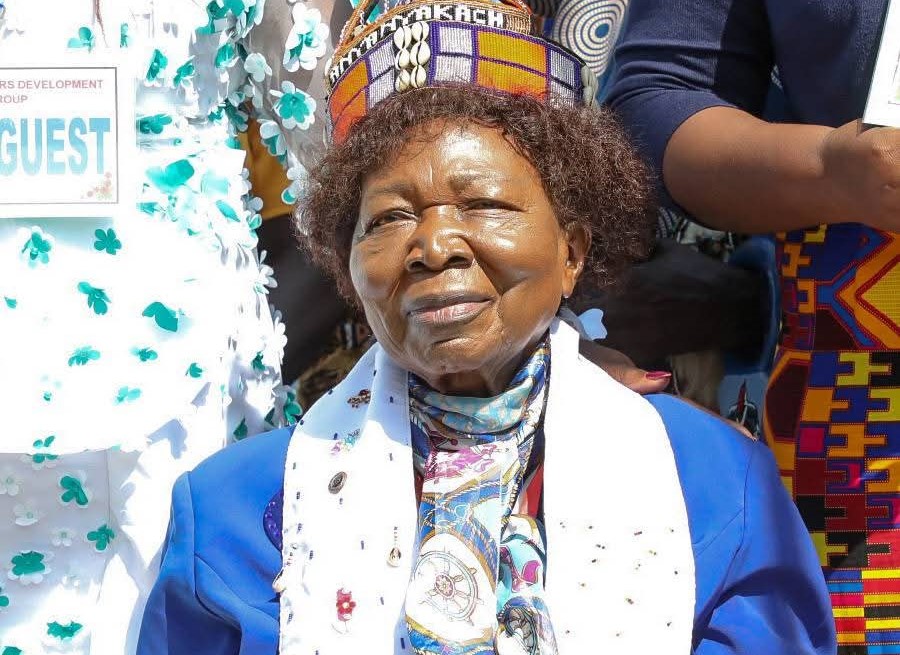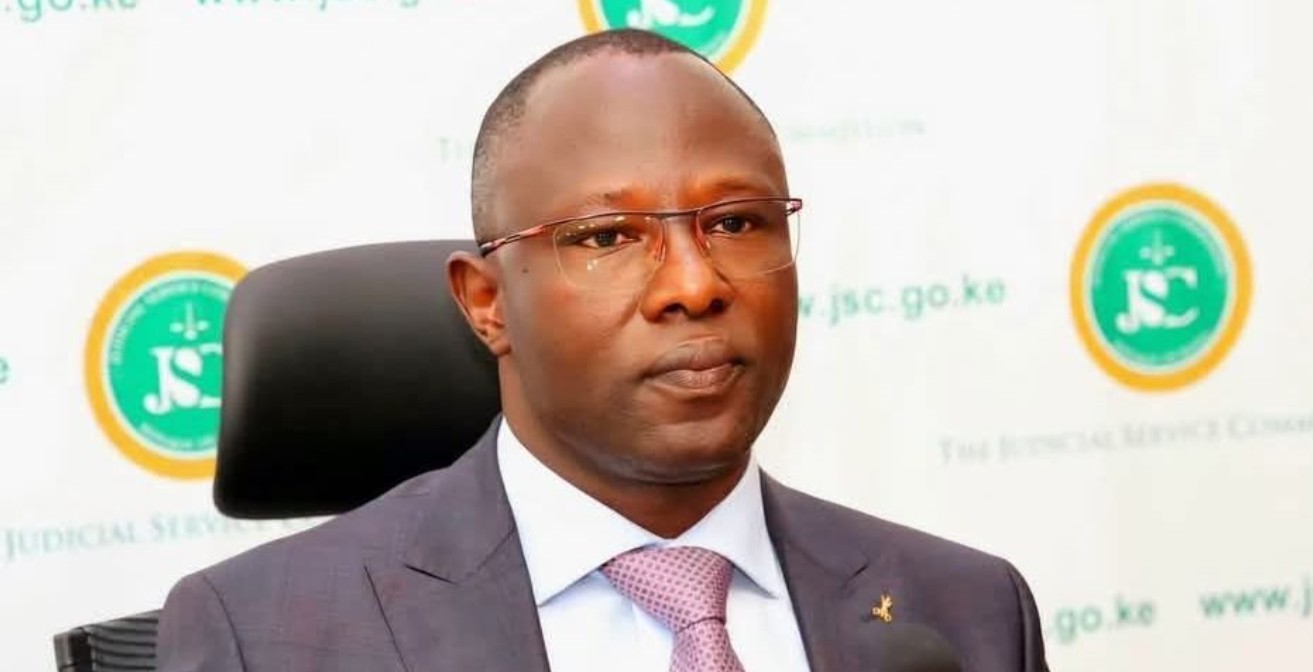Security chiefs warn Kenyans against 'Ruto Must Go' chants
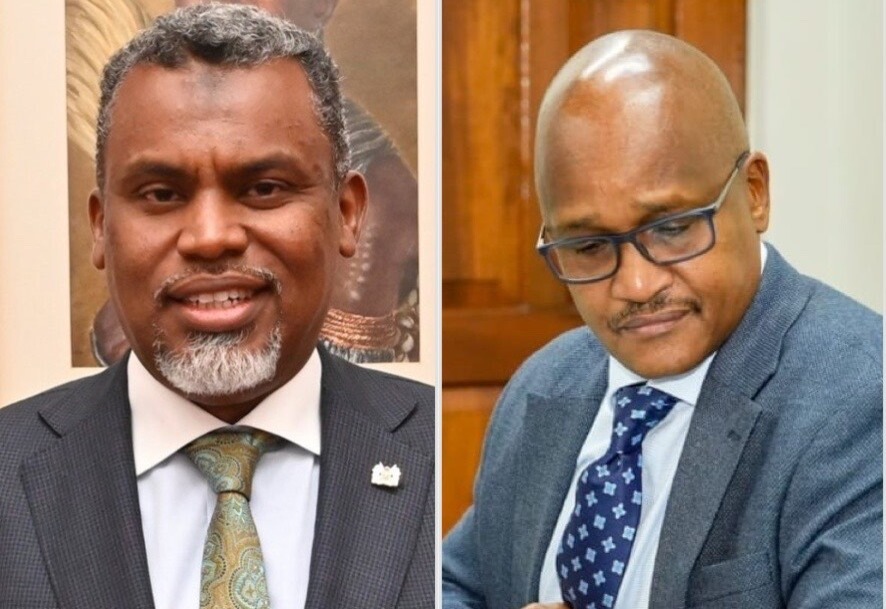
He further addressed concerns about growing dissatisfaction among citizens, stating, "So, wakati watu wanaamua kwamba tumechoka na hii serikali, na mlichagua wenyewe, halafu mnasema must go, must go. That must go, must be done according to the constitution."
Kenya’s top security officials have cautioned against political rhetoric calling for a regime change, emphasising that any leadership changes must align with constitutional procedures.
Speaking during a public lecture at the National Intelligence and Research University (NIRU), National Intelligence Service (NIS) Director Noordin Haji and Chief of Defence Forces (CDF) General Charles Kahariri warned that instability could have serious consequences for the country.
More To Read
- Court freezes payout to four civilians shot by KDF, directs Defence Ministry to deposit Sh7.9 million
- Kenya Cup 2025: KDF, GSU, KPA, and Kenya Prisons storm into men’s volleyball semifinals
- Wilson Boinnet memoir: Former spy chief lifts the lid on intelligence reform
- Raila loyalists accuse former DP Rigathi Gachagua of tribal profiling, demand action from NCIC
- Israel to fund part of Kenya’s military modernisation with Sh3.4 billion loan
- Ex-Interior CS Matiang’i blames NIS for failing to detect hired goons in anti-government protests
On Thursday, General Kahariri made it clear that the Kenya Defence Forces (KDF) will not allow unconstitutional attempts to remove a government. He reaffirmed the military’s loyalty to the constitution and its duty to protect national stability.
"We can't have anarchy as a country. Even as people exercise their freedom, they must do so within certain limits. We, the military, are apolitical. We don't support any of the political sides. We defend the Constitution and the government of the day, duly elected by the people," he said.
He further addressed concerns about growing dissatisfaction among citizens, stating, "So, wakati watu wanaamua kwamba tumechoka na hii serikali, na mlichagua wenyewe, halafu mnasema must go, must go. That must go, must be done according to the constitution. When people question why the military was deployed... we have a responsibility, we took an oath to defend the constitution, to defend the republic."
The security officials also raised concerns about Kenya’s regional security challenges. General Kahariri warned that ongoing conflicts in neighboring Sudan, South Sudan, and Ethiopia could spill over into Kenya if the country’s institutions are weakened by internal instability.
NIS Director Noordin addressed allegations that the intelligence agency had been involved in human rights violations, particularly regarding last year’s reported abductions of protesters and activists. Responding to journalist Macharia Gaitho, who was among those allegedly abducted, Noordin refuted the claims and maintained that the NIS operates within the law.
“These matters are in court. We respect the constitution and apply it in discharging our mandate. The fact that we are unable to talk and defend ourselves means that we get misrepresented a lot, and a lot of disinformation is out there about our roles,” he said.
Noordin acknowledged the need for transparency but explained that intelligence operations require confidentiality.
“In a democratic state, silence must never be mistaken for impunity,” he said, illustrating his point with an analogy. "If a blanket keeps you warm through the storm, it may not always be wise to unravel the stitches to understand how. In seeking to know every thread, you may undo the very thing that shields you."
He emphasised that secrecy is sometimes necessary for national security. “Whilst secrecy can be uncomfortable, it is sometimes the last shield between a vulnerable citizen and a dangerous actor. Today, however, lifting the veil of secrecy, even slightly, serves a crucial purpose. It enables us to dispel myths that distort the true role of intelligence in a democracy,” Noordin said.
The security officials also spoke about the evolving nature of threats facing Kenya. Noordin noted that the Security Laws Amendment Act (2014) had expanded the NIS’s mandate, allowing the agency to take a more proactive role in preventing threats. However, he expressed concern that political divisions, misinformation, and emerging technologies were fueling instability.
Noordin criticised the media for sensationalism and warned about the dangers of misinformation spread through artificial intelligence and deepfake technology. He explained how manipulated content could influence public perception and erode trust in institutions.
“It affects belief, emotion, and action. When falsehoods are repeated and fear is amplified, a new reality takes root, one divorced from truth. This is the danger of irresponsible media. The power to build is the same power to destroy,” he said.
He also highlighted global security risks, including climate change, pandemics, and the misuse of advanced technology. He warned that declining international cooperation and the rise of extremist ideologies in Europe and the United States were affecting global security dynamics.
Noordin urged African nations to take control of their digital future, arguing that the continent should not remain dependent on foreign technology firms. He encouraged investment in artificial intelligence research and development to avoid being left behind in the rapidly changing digital landscape.
Top Stories Today
